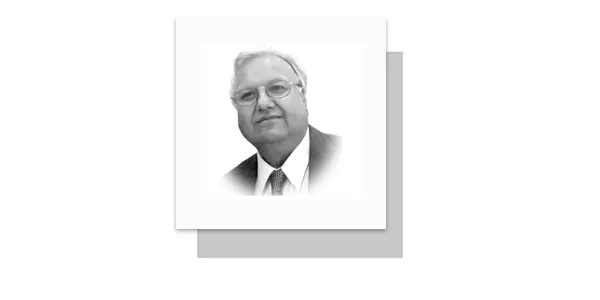IN a significant shift, electricity prices dropped sharply, sparking a political debate—not over the benefit, but over who deserves credit.
Prime Minister Shehbaz Sharif, who risked his political capital to form the government, and Jamaat-e-Islami, which sidelined its political interests to bring a major issue into national discourse, both claim some part in this win.
This debate will continue—and it should, as political engagement is essential—but there are deeper dimensions to consider.
First, the criticism that a Rs.7–8 per unit reduction is meaningless when rates had reached Rs.50–60 seems weak.
Political narratives often rely on exaggeration, but such claims can backfire.
Just weeks ago, a report from Adiala Jail suggested that Imran Khan himself admitted Shehbaz Sharif’s success in stabilizing the economy.
That statement reached many former PTI voters—both young and old—who are now openly acknowledging that Shehbaz’s governance has delivered results.
This development undercuts the narrative being pushed by figures like Barrister Saif, whose efforts seem to have failed before gaining traction.
The core reason for this shift lies in information technology—the very tool PTI once wielded to its advantage.
But digital influence, like a fragile pot, doesn’t last forever.
The public eventually sees through rhetorical tricks and media gimmicks.
PTI’s contradictions—vowing death over seeking IMF assistance, then eagerly turning to the IMF, breaking agreements and leaving the mess behind—are still fresh in voters’ memories.
These are not distant events; they’re part of the recent political landscape, especially for voters who became politically aware after August 2018.
Those same voters remember petrol prices rising from Rs.150 to Rs.300, and electricity soaring from Rs.6 to Rs.20 per unit.
They also saw what happened when PTI abandoned the IMF agreement, which triggered a surge in the dollar rate and economic instability.
Even core PTI supporters now question the party’s propaganda, partly because of legislation PTI passed concerning the State Bank and partly due to reckless statements from leaders like Sheikh Rasheed and Fawad Chaudhry, who openly admitted they had sabotaged the economy for political gain.
A second blow came when the no-confidence motion succeeded and the PDM government took over.
At that point, Shaukat Tarin directed provincial finance ministers to sabotage the federal government’s IMF negotiations—an act now widely known and remembered.
Given all this, when PTI tries to build new narratives, people listen—but don’t forget what they’ve seen.
Even long-time PTI supporters now wonder how long they’ll be fed slogans while their energies serve someone else’s goals.
That’s why the electricity price cut has been welcomed across the country.
For many, it signals not just economic relief but the start of a new political phase.
Though the economic effects of lower electricity prices deserve a detailed discussion, another aspect must be noted first.
Around the time the current government was formed, Nawaz Sharif, during his return and subsequent public rallies, especially at Minar-e-Pakistan, declared his intention to move past personal grievances and work for national progress.
After the elections, he gave Shehbaz Sharif two clear instructions: reduce electricity prices and bring down inflation.
At the time, the threat of national default loomed large.
Opposition parties and influential voices on social and mainstream media claimed that electricity rates couldn’t be lowered, the economy couldn’t be revived and no relief was possible.
Against that backdrop, the price cut felt like a breath of fresh air.
Inflation had already slowed significantly, and now electricity costs had come down too.
Traders and industrialists rightfully see this as a sign of economic stabilization.
In this moment, there’s one urgent need: every sector of society must set aside differences and unite to strengthen the national economy.
Otherwise, those exploiting public sentiment for political gain will eventually face the public’s wrath.
Political survival now depends on delivering real results, not just catchy narratives.
As for Jamaat-e-Islami, under Hafiz Naeemur Rehman’s leadership, the party has voiced public concerns through impactful activism.
People will respect this, but Jamaat must ensure it doesn’t become an appendage to another party—especially PTI.
As long as that perception lingers, Jamaat will continue to suffer politically.
On the question of Balochistan, Hafiz Naeem’s statement—that Jamaat wants both provincial rights and national unity—is sound policy.
It should guide not just their stance on Balochistan, but also their approach to economic and political matters.
Jamaat should avoid coalition politics that risk instability, as seen in 1999 and later.
At the same time, it must avoid actions that could destabilize the political order.
This requires internal effort and discipline and it seems Hafiz Naeem is already working on that.
If Jamaat-e-Islami succeeds in this balancing act, it can not only regain its lost stature but also contribute meaningfully to leading the country out of its prolonged uncertainty.
—This writer is former advisor to the President of Pakistan, author & mass media theorist. (farooq.adilbhuta@gmail,com)


















